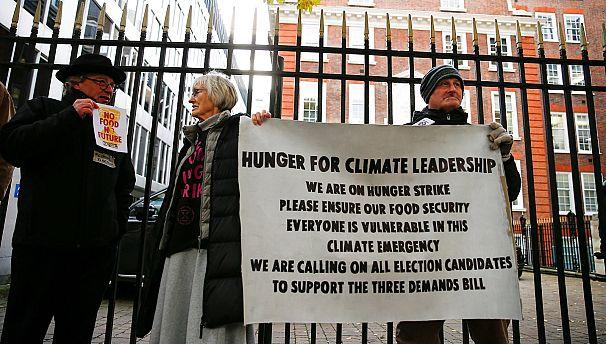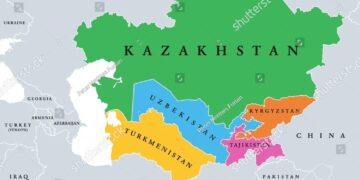Rising Food Insecurity Sparks Unrest in Northern Nigeria: An In-Depth Analysis
In recent weeks, northern Nigeria has become the epicenter of widespread demonstrations fueled by soaring food costs and deteriorating economic conditions. These protests, often referred to as the “hunger uprisings,” have rapidly intensified, revealing deep-seated frustrations among communities struggling with food scarcity and poverty. This article explores the underlying causes driving these protests, analyzes their progression across northern states, and evaluates potential consequences for Nigeria’s social and political stability. As tensions rise, the government’s approach to managing this crisis will be pivotal in shaping future civil engagement and peace.
Food Price Inflation Triggers Mass Protests Across Northern States
The surge in public demonstrations throughout northern Nigeria is primarily a response to escalating prices of essential food items coupled with widespread hunger affecting millions. Recent data indicates that staple foods such as rice, beans, and maize have seen price increases ranging from 40% to 50% compared to last year—placing them beyond reach for many households.
| Staple Food | Current Average Price (NGN) | Price One Year Ago (NGN) |
|---|---|---|
| Rice (per kg) | 1,200 | 800 |
| Beans (per kg) | 900 | 600 |
| Maize (per kg) | 600 | 400 |
The rising cost of living is compounded by high unemployment rates—currently estimated at over 33% nationally—and persistent poverty that disproportionately affects rural areas in the north. Many citizens express feelings of abandonment due to perceived inadequate government intervention aimed at mitigating these hardships.
This unrest is further complicated by regional disparities; some localities face more acute shortages due to ongoing security challenges disrupting agricultural activities and supply chains. Reports from grassroots organizations highlight an increase in hunger-driven protests over recent months—a symptom of systemic vulnerabilities extending beyond immediate economic shocks.
The Complex Web Behind Escalating Violence During Protests
The intensification of violence amid these hunger-related demonstrations stems from multiple intertwined factors:
- Economic Strain: Persistent inflation erodes purchasing power leading many families into desperation.
- Lack of Political Stability: Distrust towards governmental authorities grows as promises remain unfulfilled amidst worsening conditions.
- Sociocultural Divides: Ethnic rivalries occasionally flare up during protests where competition for scarce resources heightens tensions between groups.
- Youth Disenchantment: With limited employment prospects—especially among young people—the youth demographic increasingly channels frustration through mass mobilization which sometimes escalates into confrontations.
- Aggressive Security Responses: Heavy-handed tactics employed by law enforcement agencies often exacerbate conflicts rather than defuse them due to poor communication or excessive force usage.
| Contributing Factor | Effect on Protest Dynamics |
|---|---|
| Poor handling can escalate peaceful gatherings into violent episodes . |
Sustainable Solutions: Combating Hunger While Promoting Peaceful CoexistenceTackling this multifaceted crisis requires a blend of immediate relief efforts alongside long-term development plans focused on resilience building within affected communities. Key strategies include:
Navigating Forward Amidst ChallengesThe Path Ahead For Northern Nigeria’s Stability And Prosperity As northern Nigeria grapples with mounting socio-economic pressures manifesting through these “hunger protests,” it becomes clear that addressing root causes demands concerted effort spanning multiple sectors. The coming months represent a critical juncture where decisive action could either restore calm or deepen divisions further undermining national cohesion. By learning lessons from similar contexts globally — such as Ethiopia’s integrated rural development programs which successfully reduced famine risks —Nigeria can chart pathways toward resilience despite daunting obstacles ahead. Only time will tell if policymakers rise effectively up this challenge ensuring dignity & security for all Nigerians facing hardship today.
| .
.
.
.
.
.
.
.
.
.
.
.
.
.
.
.
.
.
.
.
.
.
.
.
.
.
.
.
.
.
.
.
.
.
.
.
.
.
.
.
$
$
$
$
$
$
$
$
$
$
$
$
$
$
$
$
$
$
$
$
-
-
-
-
-
-
-
-
-
-
-
-
-
-
-
-
-
-
-
-













